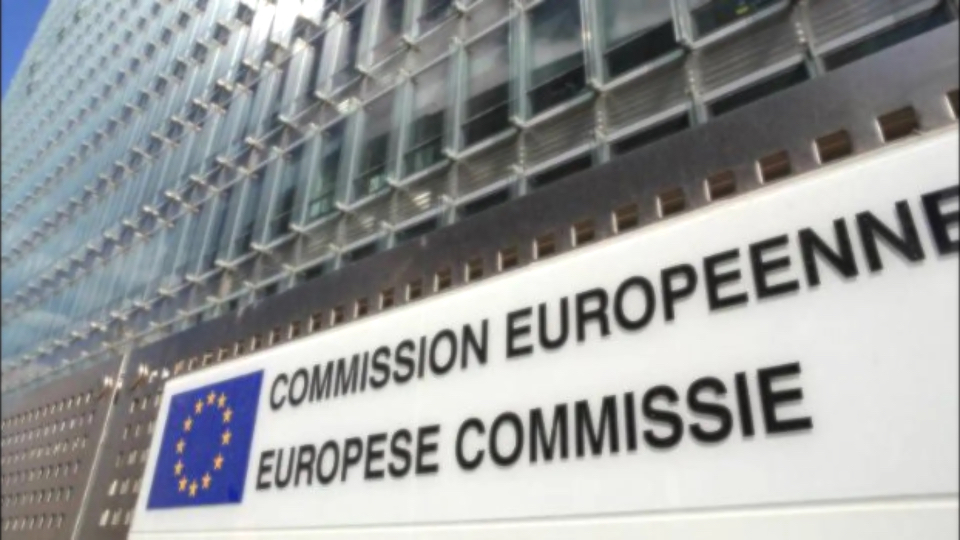
On January 12th, 2012, the Secretary General of the European Parliament’s Committee on Petitions (PETI) received my petition regarding Equitalia in Trieste.
Equitalia S.p.A. is an Italian State-run company (51% belong so the Italian Tax Revenue Office, 49% to the Italian National Institute for Social Security – INPS). Its job is collecting Italian taxes, but it has an office also in Trieste.
I disputed a payment request issued by Trieste’s Justice of the Peace: the request regards court fees following a conviction for an opinion crime.
The problem is that under the 1947 Treaty of Peace with Italy Trieste is an independent State. Italy recognizes the Free Territory of Trieste (art. 21.2) and, being its own State, Trieste is exempted from the payment of the Italian public debt (Annex X). Being a foreign Country, Italy cannot forces its own laws and taxes on Trieste.
Due to Italy’s EU membership, the EU is directly concerned by the 1947 Treaty of Peace and the related obligations towards the Free Territory of Trieste and its international Free Port.
Furthermore, the Treaty on the Functioning of the European Union rules that:
(ex Article 307 TEC)
The rights and obligations arising from agreements concluded before 1 January 1958 or, for acceding States, before the date of their accession, between one or more Member States on the one hand, and one or more third countries on the other, shall not be affected by the provisions of the Treaties.
Not to mention that under art. 21 of the EU Treaty (2012/C 326/01):
Article 21 1. The Union’s action on the international scene shall be guided by the principles which have inspired its own creation, development and enlargement, and which it seeks to advance in the wider world: democracy, the rule of law, the universality and indivisibility of human rights and fundamental freedoms, respect for human dignity, the principles of equality and solidarity, and respect for the principles of the United Nations Charter and international law.
This means that the EU has full authority to re-establish the rule of law, which is being denied by the administering Italian authorities. As such, they are officers of the Italian State, and therefore bound to respect not only the 1954 mandate sub-entrusted to their Government, but also the founding principles of the European Union.
Translated from blog “Environment and Legality” by Roberto Giurastante
Roberto Giurastante’s petition, presented through environmental organization Greenaction Transnational is published on the PETI website, HERE
